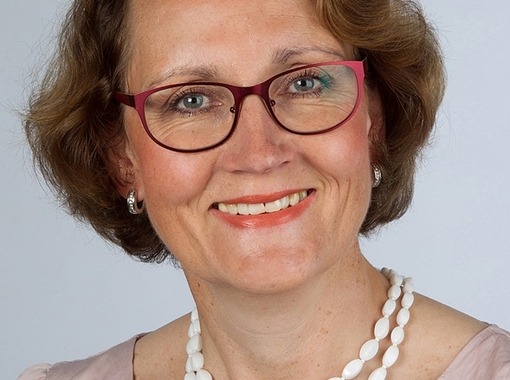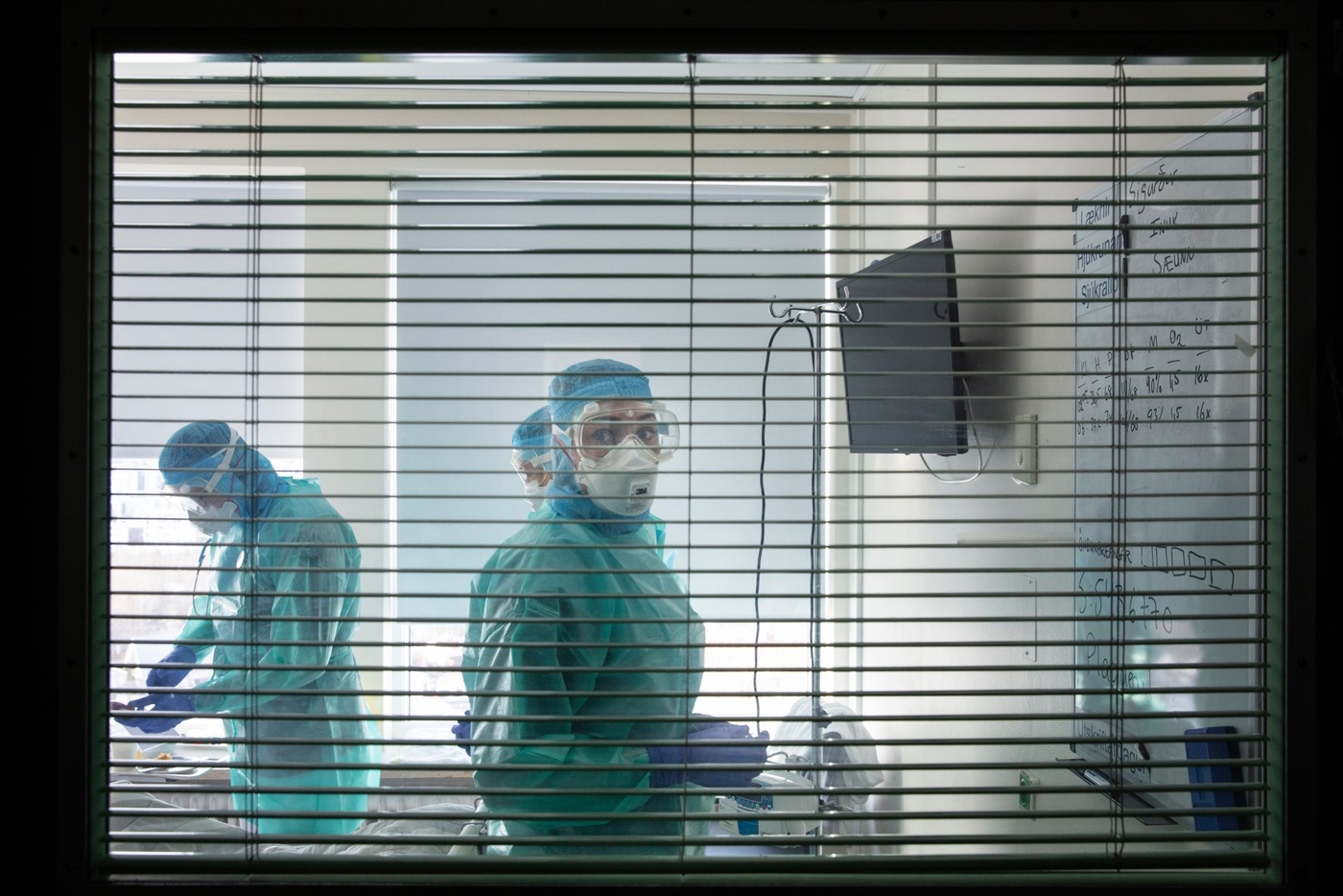Just over half of those who were infected with COVID-19 during the first wave of the epidemic this spring believe that their health is now worse than it was before. This is according to the findings of an extensive research project by academics in the field of nursing at the University of Iceland and Landspítali University Hospital.
The project focuses not only on the post-discharge outcomes of those who had COVID-19, but also seeks to shed light on the development of healthcare services for this group at Landspítali University Hospital. This proved to be a major task which was tackled in a short period under the shadow of a life-threatening disease about which little was known. "Nurses played a key role in this process and asked to collaborate with researchers on this project," says the leader of the project, Helga Jónsdóttir, professor at the Faculty of Nursing and Academic Chair of Nursing Care for Chronically Ill Adults at Landspítali University Hospital. She adds that the aim of the research is also to describe nursing care for both outpatients and inpatients, as well as the symptoms the patients experienced.
A large group of academics and nursing specialists are involved with the project, which is multifaceted according to Helga. "We are basing the research on data from medical records, focus group discussions with nurses, and a postal survey sent to discharged patients," she says. Other members of the research team include Brynja Ingadóttir, Sigríður Zoega, Elín J.G. Hafsteinsdóttir and Katrín Blöndal.
"The findings increase our knowledge of the incidence and development of symptoms during and after infection. They have been used to help develop healthcare services for those struggling with long-term post-viral complications. The findings also provide a unique insight into nursing provided over the phone and patients in isolation, which could contribute to the development of remote healthcare services in Iceland and globally," says Helga Jónsdóttir, professor at the Faculty of Nursing.

Helga reports that the final conclusions of the research are not yet available, but initial findings have shed light on the unique circumstances created in the first wave of COVID-19 infections. "Unity, trust and solidarity between staff in uncertain times made it possible to get a handle on the epidemic, e.g. through care which to a large extent was provided remotely," says Helga.
This summer and autumn, the media have been publishing stories from people who were infected with COVID-19 in the spring, people who experienced a hard illness shortly after being infected and also people who have suffered significant post-viral complications. The results from the team's postal survey, which was sent to 900 respondents, indicate that this has been a common experience. "The results from those who had COVID-19 suggest that they experienced a wide range of symptoms whilst infected and continue to do so weeks and months after they had ostensibly recovered. The most common symptoms, both during the infection and afterwards, were weakness, fatigue, shortness of breath, headaches and other pains and discomfort. Around 60% of participants believe their health to now be poorer than it was before the illness, which indicates that COVID-19 has a chronic impact on health after patients are no longer infected," adds Helga.
It is clear that research like this is incredibly significant for Icelandic society, providing at once valuable lessons on how best to respond to a global pandemic as well insights into the outcomes of those who become ill. "The findings increase our knowledge of the incidence and development of symptoms during and after infection. They have been used to help develop healthcare services for those struggling with long-term post-viral complications. The findings also provide a unique insight into nursing provided over the phone and patients in isolation, which could contribute to the development of remote healthcare services in Iceland and globally," adds Helga.




